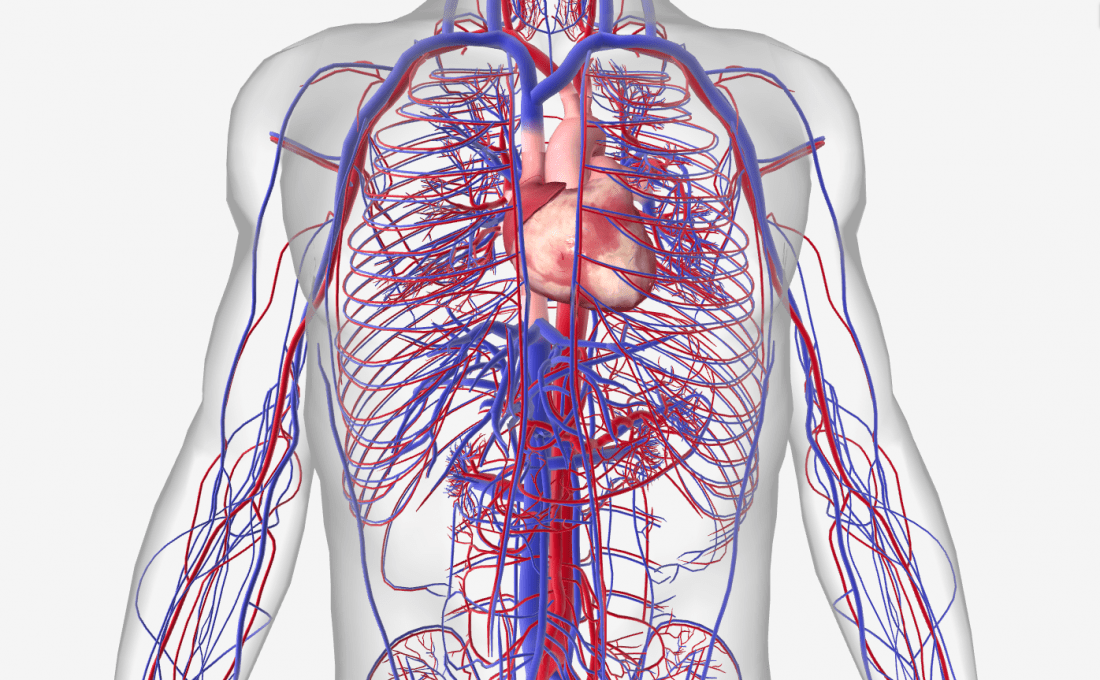Hormones are significant in many parts of a woman’s body, including her vasculature. These natural chemicals help control how the heart and blood vessels work. When hormonal levels change, especially during different stages of life like puberty, pregnancy, or menopause, they can affect a woman’s vascular health in both good and bad ways.
Understanding the link between hormones and vascular health can help women take better care of their bodies and reduce the risk of heart and blood vessel problems. Two important hormones for women are estrogen and progesterone. These hormones control the menstrual cycle and affect the blood vessels.
Estrogen and Vascular Health
Estrogen is often termed a “protective” hormone for heart and blood vessel health. It has several positive effects:
- Keeps blood vessels flexible: Estrogen helps blood vessels stay stretchy and open, allowing blood to flow easily.
- Improves cholesterol levels: It increases good cholesterol (HDL) and lowers bad cholesterol (LDL), which helps prevent clogged arteries.
- Reduces inflammation: It helps keep the inner lining of blood vessels healthy and lowers the chance of damage.
Because of these benefits, premenopausal women who have higher estrogen levels usually have a lower risk of heart disease compared to men of the same age.
What Happens After Menopause?
During menopause, a woman’s estrogen levels drop. This natural change can lead to problems such as:
- Stiff arteries: Blood vessels may become less flexible, making the blood flow irregular.
- Higher blood pressure: Less estrogen can lead to an increase in blood pressure.
- More cholesterol buildup: The protective effect on cholesterol weakens, raising the risk of clogged arteries (atherosclerosis).
As a result, after menopause, a woman’s risk of vascular problems like stroke, heart attack, and peripheral artery disease may increase.
Pregnancy and Hormones
Pregnancy causes significant changes in hormone levels. While these changes are regular, they can sometimes lead to vascular issues:
- Increased blood volume: The heart works harder, and the blood vessels stretch to support the growing baby.
- Risk of high blood pressure: Some women develop a condition called preeclampsia, which includes high blood pressure and can be dangerous if not treated.
- Varicose veins: Hormonal changes and pressure on veins can cause these swollen, twisted veins in the legs.
Most of the time, these problems go away after birth, but some women may need long-term follow-up, especially if they have high blood pressure during pregnancy.
Is taking hormone therapy a good option?
Some women use hormone replacement therapy (HRT) to reduce menopause symptoms. While HRT can help with hot flashes and bone loss, it may affect the heart and blood vessels.
In younger postmenopausal women, HRT may offer some benefits, while in older women or those with heart disease, HRT may increase the risk of stroke or blood clots.
That’s why hormone therapy should always be discussed with a doctor, considering each woman’s health history.
Hormones strongly affect women’s vascular health throughout life. By understanding these changes, women can take steps to protect their health. Regular check-ups, a healthy diet, exercise, and open conversations with healthcare providers can go a long way in keeping blood vessels strong and healthy at every age.




